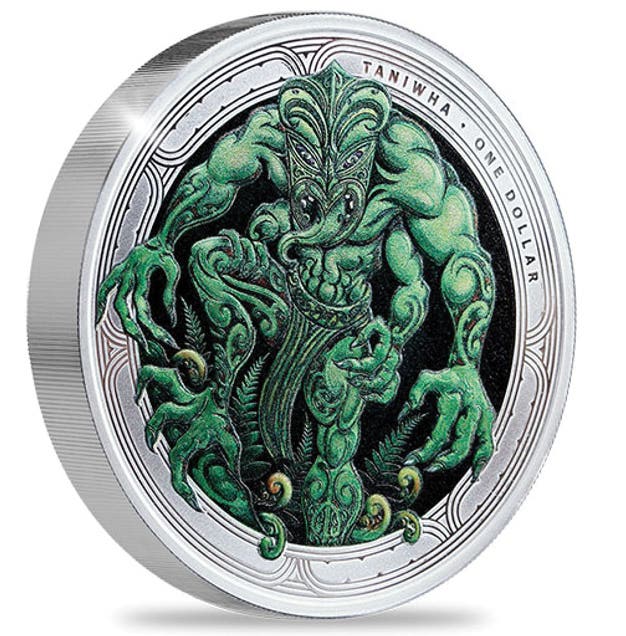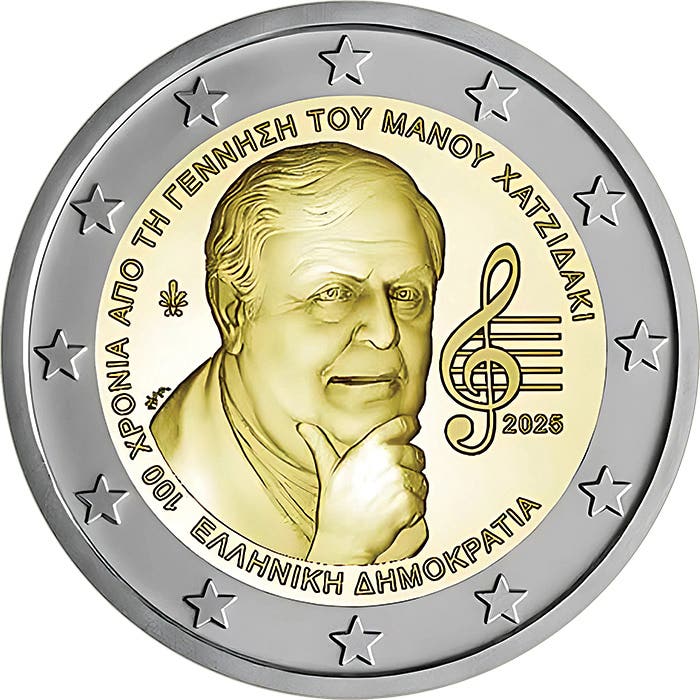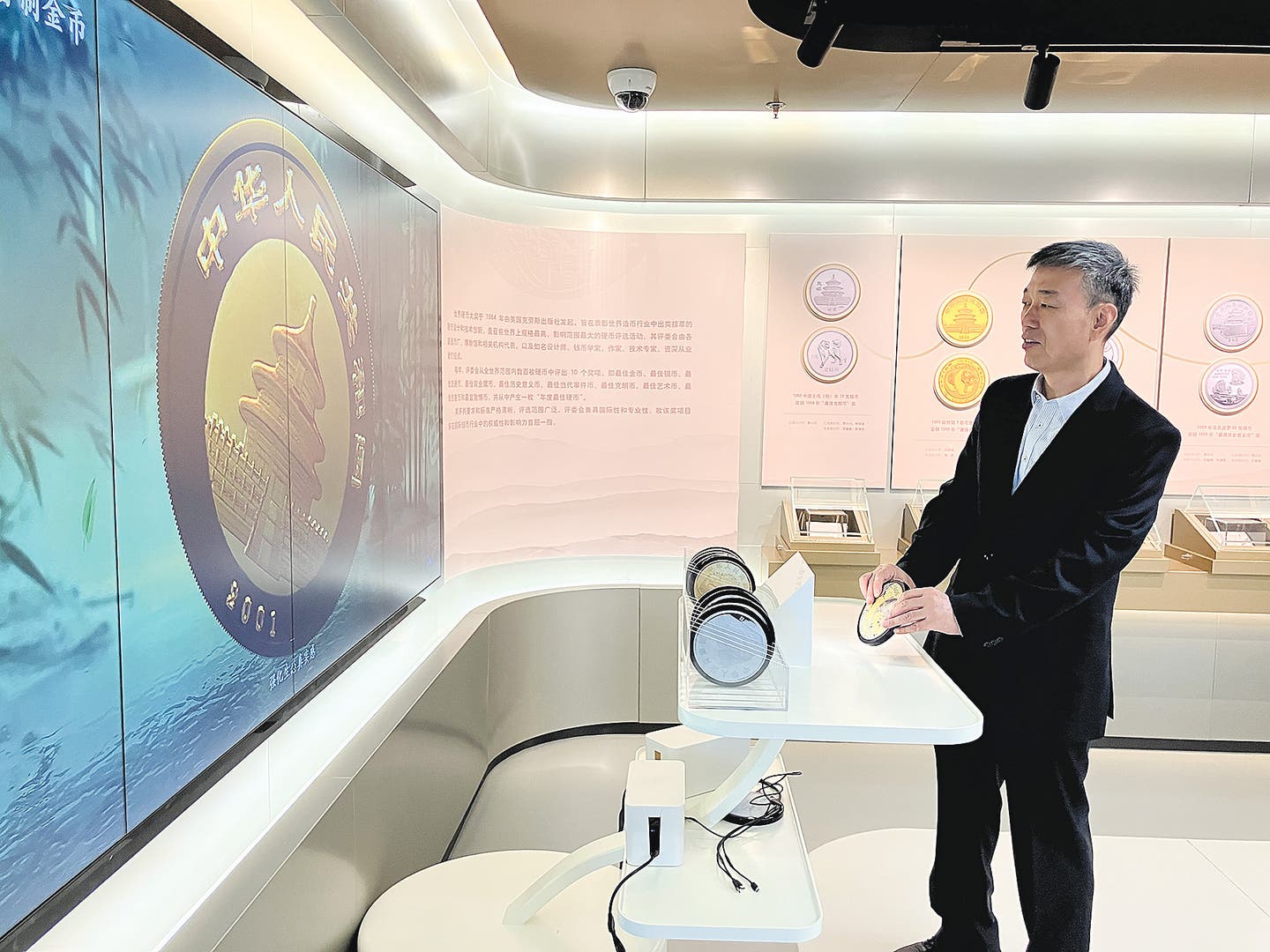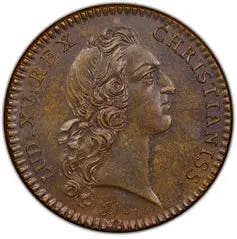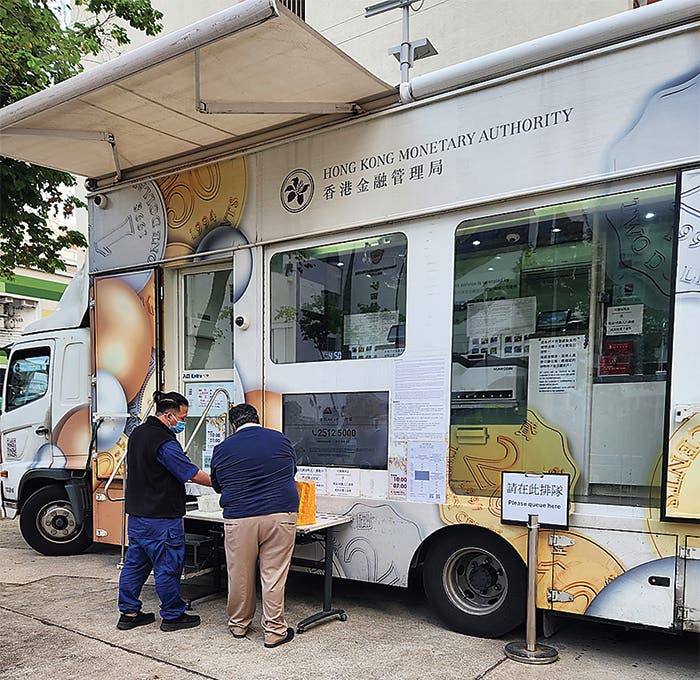Catalana euro coins illegal
By Richard Giedroyc There are sufficient numbers of fantasy euro coins out there for the euro to become the focus of a coin collection. While there are plenty of countries…
By Richard Giedroyc
There are sufficient numbers of fantasy euro coins out there for the euro to become the focus of a coin collection. While there are plenty of countries that issue legal tender euro coins, there are euro fantasy coins issued privately in the names of countries that have proposed becoming a member of the EU currency union, or that have been marketed in the name of provinces and other places unable to legally issue their own euro coins.
Unfortunately, the recently issued Diada Catalana or Catalunya Day 1 euro coins marking the 300th anniversary of the Republic of Catalunya have been declared illegal by Spain’s national court. On Feb. 6 the Gnomes National News Service described the Catalana coins as being a criminal offense.
El Mundo newspaper identified the distributor as being a man only named as Miquel. Miquel is quoted in the newspaper as saying, “Obviously we’ve taken advantage of the favorable situation to promote and sell the coins.”
Miquel was referring to Catalana President Aurth Mas’ recent call for a referendum on the independence of Catalana or Catalunya. This followed a Jan. 23, 2013, Catalana parliamentary declaration of sovereignty for the Spanish province.
According to Miquel, 20 percent of the earnings from his coin sales will be donated to “an entity that works towards the freedom of his country.”
Miquel rejected the Spanish high court claim the coins are a criminal offense, pointing out the commemoratives are slightly smaller in diameter than are the legal tender euro coins, and that the word euro does not appear on the coins.
Gnomes National News Service reported, “The illegal minting is considered to be on the same crime level as forging counterfeit coins and bank notes, according to Spain’s Penal Code, and is subject to a prison sentence of between eight and 12 years together with a fine of 10 times the amount of money forged.”
Miquel’s coins may not be the only Catalana euros out there. An anonymous Facebook page has been used recently to sell “limited edition” Catalan 1 and 2 euro coins reported to be of the same diameter as are the legal tender EU coins.
The Spanish newspaper The Local reported, “They differ from the Spanish version in that King Juan Carlos’ image has been replaced by two castellers at the top of the traditional human tower seen at Catalan festivals. The smaller pieces - 50, 20, 10, 5, 2, and 1 cent ones – feature an image of Catalonia’s patron saint George fighting the dragon.”
These coins were allegedly minted in China. The presentation box in which the coins are sold includes the comments “First attempt at minting the euro coin of the Catalan Republic” and “Ours is not legal tender.”
Perhaps the presentation box indicates the Catalan coins are not legal tender, but sources indicated six of seven local stores at which the coins were presented accepted them. The local prosecutor’s office requested and received a Catalan 1 euro coin at the cost of EU legal tender 1 euro.
Catalana or Catalonia is a “nationality” or an autonomous community of Spain under the Statute of Autonomy. The provinces of Barcelona, Girona, Lleida, and Tarrangona comprise modern Catalonia, these being part of what was formerly the Principality of Catalonia. Catalonia’s official languages are Aranese, Catalan, and Spanish.
Catalana has had a succession of being occupied or independent throughout history. It was a republic under French protection until 1659 at the end of the Franco-Spanish War.
During the 1704 to 1714 War of the Spanish Succession King Philip V of Spain abolished all Catalan institutions. Philip furthermore demanded the Spanish language rather than Latin or Catalan be used on all legal documents.
Modern Catalana nationalism began during the late 19th century. Following the Spanish Civil War the Catalan language and institutions were banned, however by the 1950s tourism and economic growth helped encourage the political and cultural autonomy movement. In recent years the regional government has called for a referendum on independence, a referendum the Spanish government considers to be illegal.




